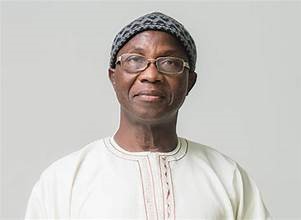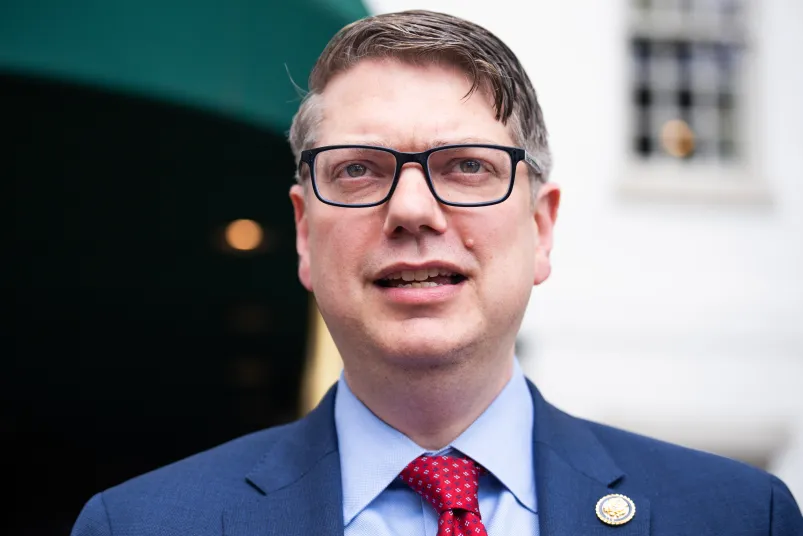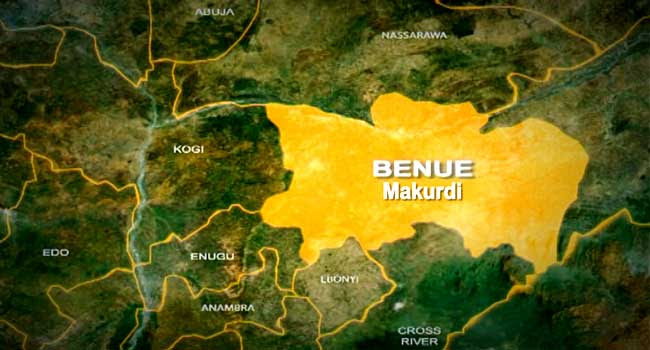By Kebba Af Touray,Sulayman Bah
Copyright foroyaa

By Kebba AF Touray
The National Assembly Member for Wuli East, Hon. Suwaibou Touray, has warned that climate change, rising sea levels, and erratic weather patterns are posing direct threats to livelihoods across agriculture and fisheries.
He made the remarks during the Global South Legislators Dialogue in China, where he joined fellow lawmakers in discussions on democratic resilience, migration, climate justice, and South-South solidarity.
Touray described the forum as a vital platform for legislators from developing nations. “The dialogue for sustaining this important platform continues to give voice and agency to legislators from our part of the world, as well is a safe space for sharing strategies and legislative innovations,” he said. He added that the Pan African Parliament’s involvement was longstanding and rooted in “our enduring belief that collective challenges demand collective solutions.”
He framed the dialogue as part of a continuum of solidarity shaped by “shared history of colonial legacies, structural vulnerabilities, and global inequalities.” From the Pan African Parliament’s perspective, he outlined several areas where cooperation was essential.
On democratic transformation, he said, “Yet, these processes are fragile and resource-intensive. We believe that lessons from fellow Global South countries—many of which have confronted similar political transitions—offer us valuable insights in strengthening resilience and preventing democratic backsliding.”
Touray also highlighted the continent’s demographic pressures. “The African continent is a youthful population, with over 60% of its population under the age of 25,” he reported. While this creates opportunity, he warned of pressures on jobs, education, and stability, and pointed to irregular migration. “For us, the Dialogue provides an avenue to push for legislative innovations across the Global South that addresses youth empowerment, skills development, and equitable opportunities so that migration becomes a choice, not a desperate escape,” he said.
On climate change, Touray underscored Africa’s vulnerability despite its low contribution to global emissions. “Rising sea levels, coastal erosion, and erratic rainfall patterns directly threaten livelihoods in agriculture and fisheries. We align with other Global South nations like the People’s Republic of China in advocating for climate justice, fair financing, and holding global powers accountable,” he lamented. He called for legislators to push for stronger bargaining power in climate negotiations. “Sometimes that is difficult for our executives to do that,” he told colleagues.
Touray also linked the dialogue to debates on gender, poverty, land tenure, and food security, saying parliaments must lead on such transformative issues. He argued that South-South cooperation should move beyond bilateral relations. “Whether on debt restructuring, trade justice, technology transfer, or peacebuilding, our legislatures must craft common positions that compel global institutions to listen,” he said. “It must become a mechanism for practical cooperation.”
From the Pan African Parliament’s standpoint, he proposed three commitments: a Global South Parliamentary Knowledge Hub to share best practices, joint advocacy for fairer financing in climate and trade, and regularized inter-parliamentary exchanges to sustain cooperation.
“In conclusion, PAP stands ready to play its part. We bring to this Dialogue not only our vulnerabilities but also our resilience, our democratic lessons, and our unwavering belief that the Global South, united, can transform structural disadvantages into collective strength,” Touray said.



